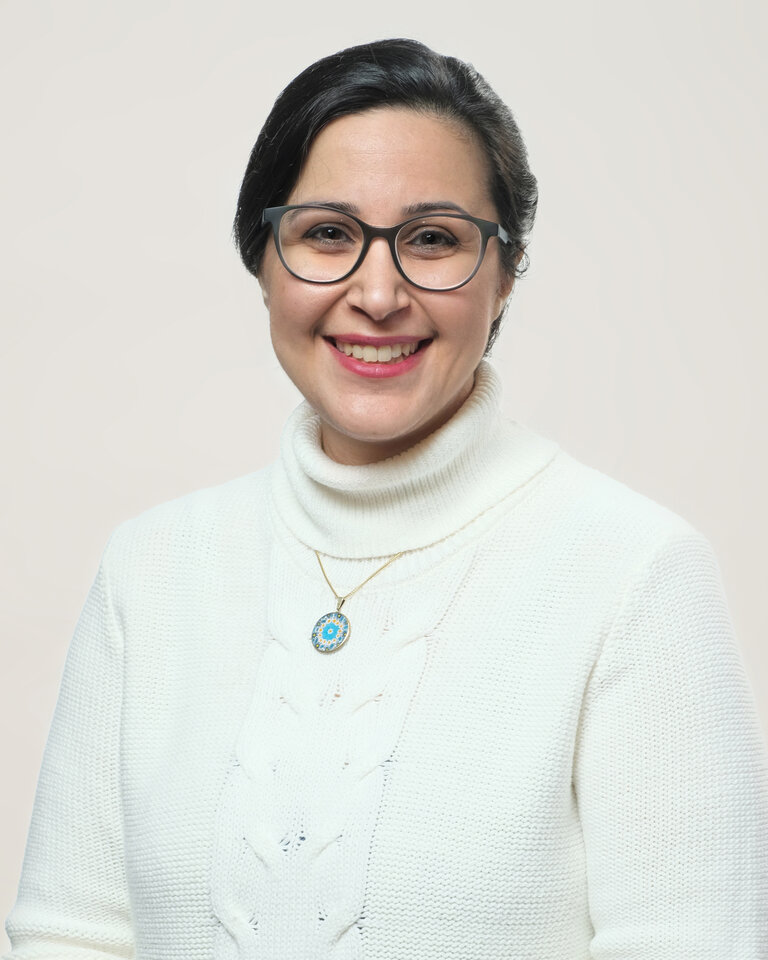AI-driven tools for nanomedicine to treat central nervous system disorders
One of the greatest challenges in treating central nervous system (CNS) diseases, like Parkinson’s and Alzheimer’s disease, is the blood-brain barrier- a protective shield within the brain's blood vessels that, while safeguarding against harmful substances and infections, also impedes the delivery of therapeutic drugs. A consortium of researchers is now working on renewing the development of drugs for such diseases in the central nervous system without using animal testing. Amongst them is TU Delft researcher Sepinoud Azimi.
Under the NAP4DIVE project, researchers in collaboration with industry partners are developing two groundbreaking tools to address this challenge. The first is a miniaturized cell culture device that accurately mimics the human blood-brain barrier, enabling the testing of drug carriers in a controlled environment. The second tool is an advanced computational model that leverages machine learning to predict which drug carriers are most likely to penetrate the barrier. Both innovations will undergo practical testing and validation by a leading pharmaceutical company.
This project is aligned with the European Union’s initiatives to reduce animal testing and to advance biomedical research using human-based models.
AI driven tools
‘At Delft University of Technology, our focus is on developing the computational model that predicts the efficacy of drug carriers in crossing the blood-brain barrier. Additionally, we are utilizing explainable AI to uncover the reasons behind the superior performance of certain designs, enhancing the precision and reliability of our predictions’, says Sepinoud Azimi.
About the project
The Finnish Åbo Akademi leads the consortium of this Horizon Europa project ‘NAP4Dive: Non-Animal Platform for Nanoparticle-Based Delivery across the blood-brain barrier Interface with Vehicle Evolution’. In total the project has been granted €7.8 million in funding. TU Delft is one of the project partners in the consortium and will be focusing on developing AI models which identify the most efficient nanomedicine designs to treat diseases in the brain.

